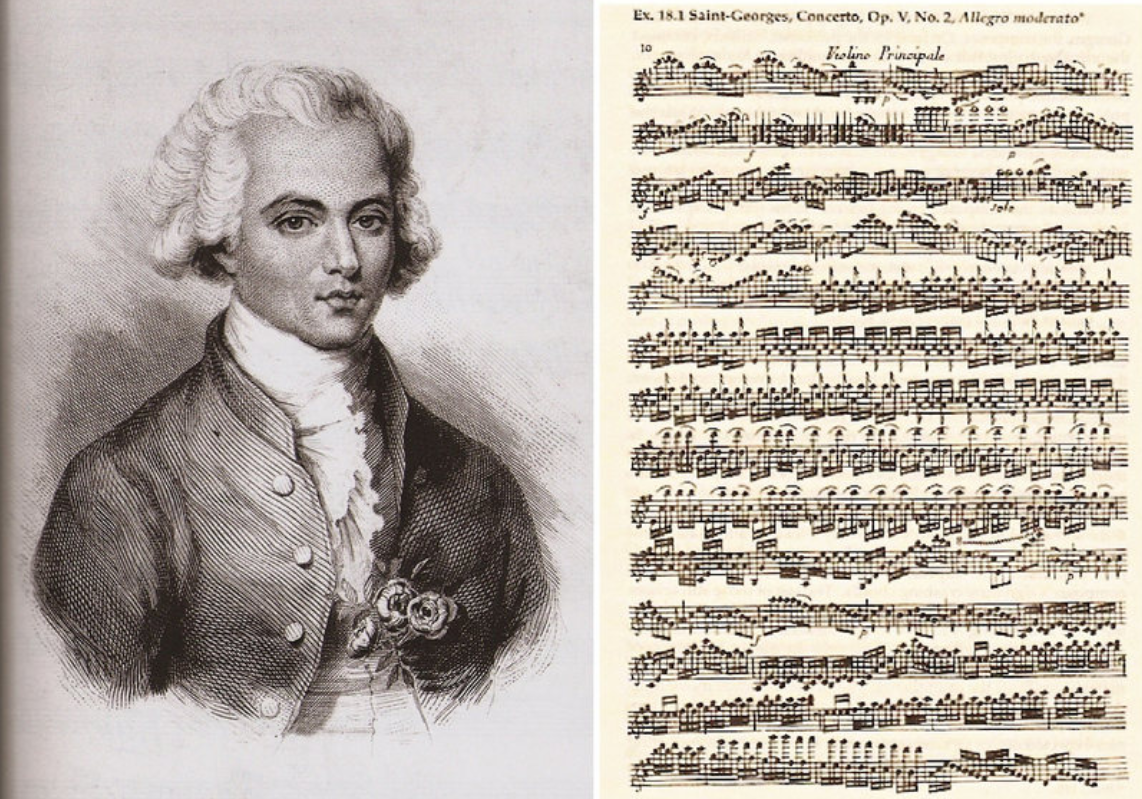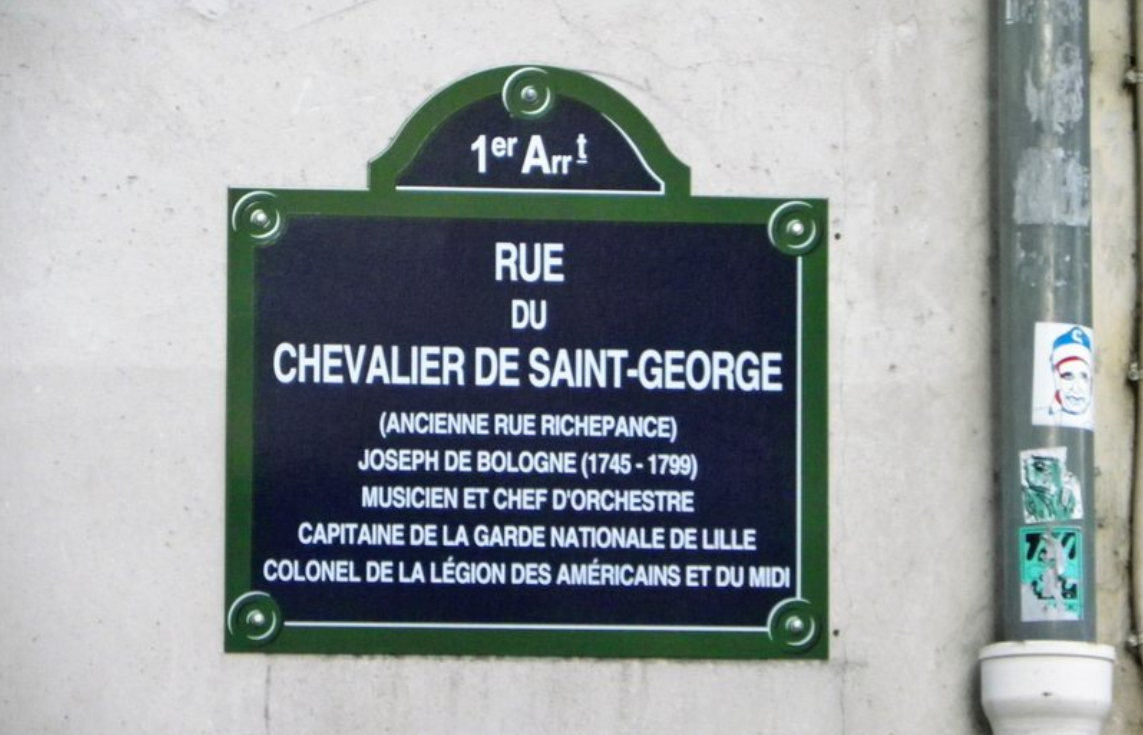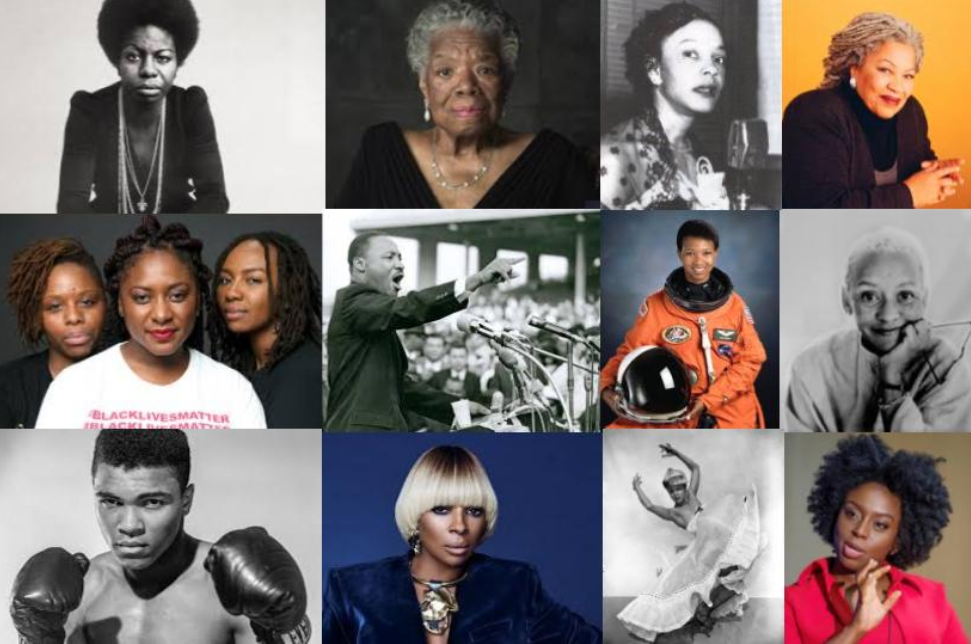|
‘Virtuoso’ is the Language of Great Musicians; ‘Black’ is Not Their Name Part II: Lift Every Voice by Kristen Adams “Our lives begin to end the day we become silent about things that matter.” – Dr. MLK, Jr. On the third Monday of January annually, the United States remembers Reverend Doctor Martin Luther King, Jr. (MLK) for his persistence and his achievements in his vast activism: the Civil Rights Movement, Voting Rights Act, declarations of peaceful protest in Letter from a Birmingham Jail, Anti-Vietnam War advocacy, March on Washington for Jobs and Freedom, the Poor People’s Campaign for economic change, and the beginnings of his endeavor to unite with Malcolm X. While we honor his memory, we hear his words and those of others who continue to open many doors. “Everything will change. The question is growing up or decaying.” – Nikki Giovanni Hopefully those reading this have enjoyed listening to some compositions of Joseph Bologne, Chevalier de Saint-Georges after reading Part I, and are ready to consider the part of his journey that resembles the experiences of Black activists from the 18th century to the 21st. To conclude this call to “say their names”, next week we will discuss George Bridgewater (another ‘virtuoso’ overshadowed by a white European counterpart), and encourage you to uncover other Black women, men, and people in all sectors whose memories are clouded by white supremacist erasure. “Black people, we are fully deserving of the room and space to fully express our humanity.” – Opal Tometi If there is anything we learn in Black skin, it is to persist, it is to activate, it is to be. Bologne’s life, beginning in Guadalupe from Senegalese, French, and Italian ancestry, was a journey that accepted no limits. Among his known works, which include three sets of string quartets, two symphonies, eight symphonie-concertantes, six operas comiques, three violin sonatas, 14 violin concertos, a sonata for harp and flute, a bassoon concerto, a clarinet concerto, a cello concerto, and six violin duos, only few can still be found. “Music makes us want to live.” – Mary J. Blige While it may not come as a surprise to the Black community - accustomed to its work, people, culture, and creations stolen so often - one of Bologne's compositions exists in his contemporary’s piece, and so it is most likely to have been heard in the context of a different musical story. Take a guess … a composer whose unrequited competition was mentioned in Part I … Mozart. As Andrea Valentino quotes Chi-Chi Nwanoku in this article, “It is no accident—and tells us a lot—that Mozart copied note-for-note from a Bologne violin concerto into one of his own [pieces].” “The brutal history of colonialism is one in which white people literally stole land and people for their own gain and material wealth.” - Patrisse Cullors Mozart not only felt threatened by Bologne’s excellent work but was so insecure in himself that he stole a gesture from Bologne’s symphony-concertante for two violins. Yet he is somehow the one whose memory shines through history and continues to be played by all major orchestras. “It is not who you attend schools with, but who controls the school you attend.” – Nikki Giovanni Bologne’s legacy of musical works was not subdued by this theft, but rather by the society that saw only his Blackness, despite his great musical, political, and military accomplishments. Before his 20th birthday, Bologne received numerous dedications from musicians. Two prominent musicians, Antonio Lolli and François-Joseph Gossec, dedicated two Violin Concertos Op. 9 and Six Trios Op. 9, respectively, to Bologne. His public debut, soloing with the Concert des Amateurs in 1772 and performing his two Violin Concertos, Op.2, “received the most rapturous applause”, according to Mercure de France. While Bologne’s talent is just one of the many accomplishments we remember, the complexity of his works was used as an excuse to devalue them. Nevertheless, we do not let those excuses govern our perception. “Definitions belong to the definers, not the defined.” – Toni Morrison The Paris Opera refused to listen to his command because they would not be conducted by a Black person. When he was going to be named Artistic Director of the Royal Academy at the Opera, two female leads protested so extensively against working with a “mulatto” that they did not instate him. “Never limit yourself because of others’ limited imagination; never limit others because of your own limited imagination.” – Dr. Mae Jemison In his political life, his clear commitment to and successes for the French Revolution were still questioned by authorities, landing him in prison for one year due to suspicions of his true allegiance. Even this did not stop him from working to create a better world, be it through music, military defense success, or human rights abolition activism. “He who is not courageous enough to take risks will accomplish nothing in life.” – Muhammad Ali As hinted prior, Bologne was already “falling out of fashion” due to the complex music he could create and the society that was ready to discard him with the slightest misstep. Yet, he disregarded those risks and advocated for Black rights and abolition, initiating Black political activism in Europe. His human rights stances, considered political only in oppressive societies, reveal the nuances of a society that loves a prodigy but hates a certain skin color. “Teach her to reject like-ability. Her job is to be her full self … honest and aware of the equal humanity of other people.” – Chimamanda Ngozi Adichie His activism recognized and utilized his own privileges, gained from a father who allowed him to take his last name, despite the norm to disown children considered illegitimate. Despite his education, in which he excelled, and his accomplishments and dedication to the queen and to his country, he was still not considered a legitimate person, and therefore enjoyed no rights of citizenship. Yet Bologne continued to color his life with great endeavors, as if he never heeded these moments as setbacks, just re-directions. “You may not control all the events that happen to you, but you can decide not to be reduced by them.” – Maya Angelou After all the doors he opened and spaces he enhanced, he continued pushing more boundaries and embracing his passions. He encourages us to consider our own impact in the world. How is one to be a creator of music, using sound and harmonies to break the stagnant air, and then be silent and void of this intensity in the face of injustice? “I had spent many years pursuing excellence, because that is what classical music is all about ... Now it was dedicated to freedom, and that was far more important.” – Nina Simone While some mark his dedication to equal rights as the end of his social success, it was the beginning of a passionate struggle against racism in Europe and in the world that continues today. When he died in 1799, newspapers tried to control his impact by writing about his musical self and completely ignoring his political contributions to both France and to Black people’s rights. Nevertheless, he succeeded in cracking the comfort for which his society yearned in dehumanizing other races, opening yet another path toward revolution.
“Whites and Blacks should be taught to respect their fellow human beings as an integral part of being educated.” – Mamie Phipps Clark While our fight continues worldwide, so does recognition of Joseph Bologne, Chevalier de Saint-Georges. One such recognition gives listeners the opportunity to listen to his music live. Artistic director Marlon Daniel coordinates the Festival International de Musique Saint-Georges held in Guadalupe, so that his memory and music live on. For our international readers, we thank you for standing in solidarity with the Black American community, for we rise together. “I used to want the words ‘She tried’ on my tombstone. Now I want ‘She did it.’” – Katherine Dunham “Be a bush if you can't be a tree. If you can't be a highway, just be a trail. If you can't be a sun, be a star. For it isn't by size that you win or fail. Be the best of whatever you are.” – Reverend Doctor Martin Luther King, Jr. Listen to the Black National Anthem
0 Comments
Leave a Reply. |
Details
Writings, musings, photos, links, and videos about Black Artistry of ALL varieties!
Feel free to drop a comment or suggestion for posts! Archives
May 2024
|
Member Login
Black concert series and educational programs in Boston and beyond




 RSS Feed
RSS Feed










